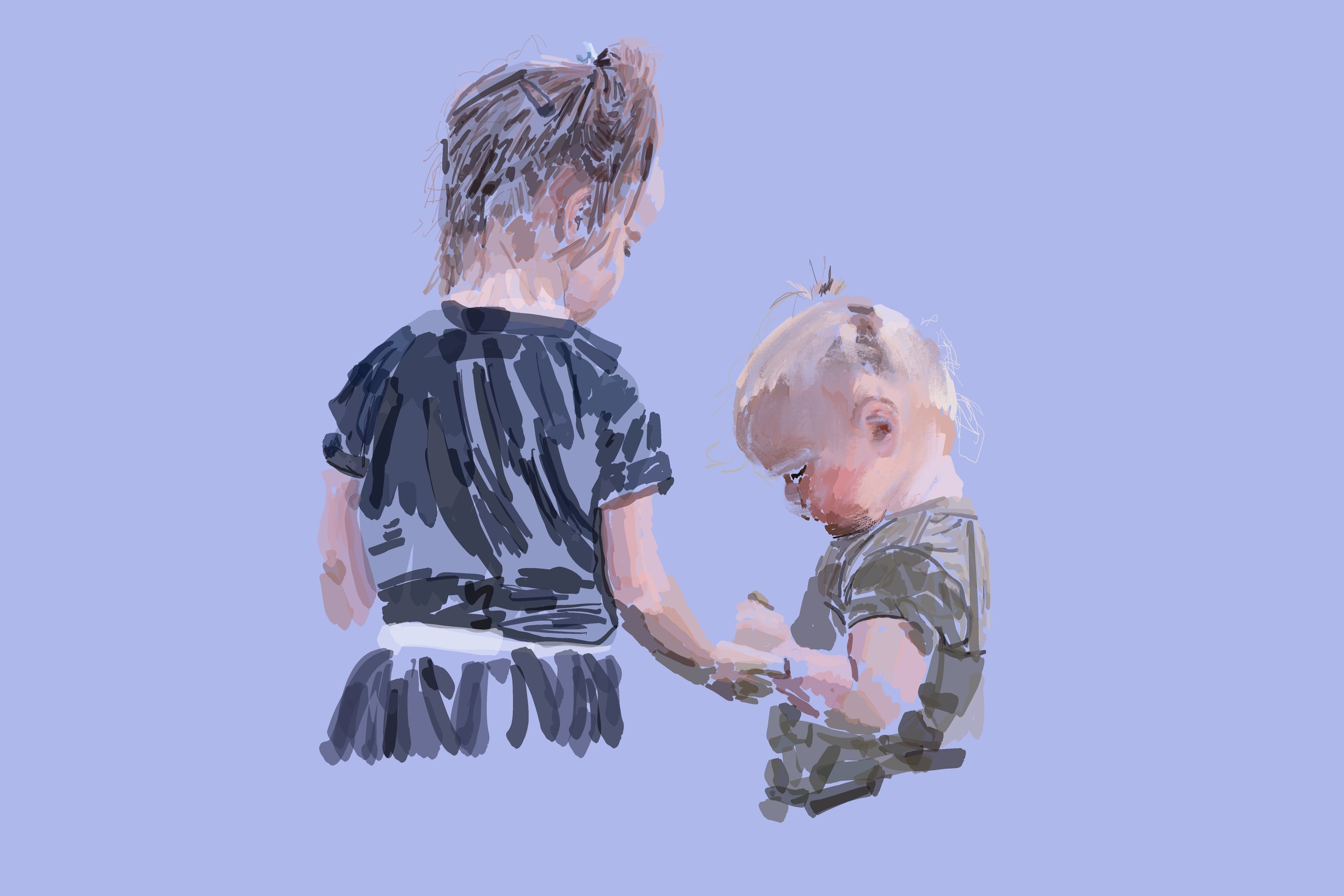
Joint Sessions
Negotiation is not easy. We structure things to make it as smooth as possible.
We start joint sessions by talking to each person individually to check if things have changed since the intake session.
We will go through the issues that you would like to talk about, and if the other parent agrees, we will put them on the agenda.
We will go through each agenda item, staying on topic, unless it is helpful to talk about something else.

If you don’t want to talk about it, it’s off the table. If you need a break, you can take one. If you want to stop the session, you can at any time.
Joint Sessions are part of a legal process.
Joint sessions are a part of a process, as set out in the Family Law Act 1975. This means that there are some legal requirements that must be adhered to.
The practitioner must remain neutral, and will inform you if any conflicts of interest arise.
You have the right to take breaks or end a session at any time.
The practitioner will be monitoring the conversation for any power imbalances. If you are feeling compelled to agree to anything, you can ask to speak to the practitioner alone to address this.
For more detail on the legal requirements of the service, click here.

Our Practitioners are impartial. They will not take sides and will emphasise what is in the best interests of the children involved.
Joint sessions involve negotiating with the other parent. This is usually in an environment where you will talk to them directly. You won’t be left alone with them and you don’t have to discuss anything that you don’t want to. The practitioner is there to manage the conversation to address any bullying, manipulation or power imbalances that become evident.
We encourage flexible and open minded conversation. This is a process of negotiation, and ideally, parties will give and take. The practitioner is there to bring up any details that might not have been addressed. They will not force or oblige any party into an agreement that they do not want.
